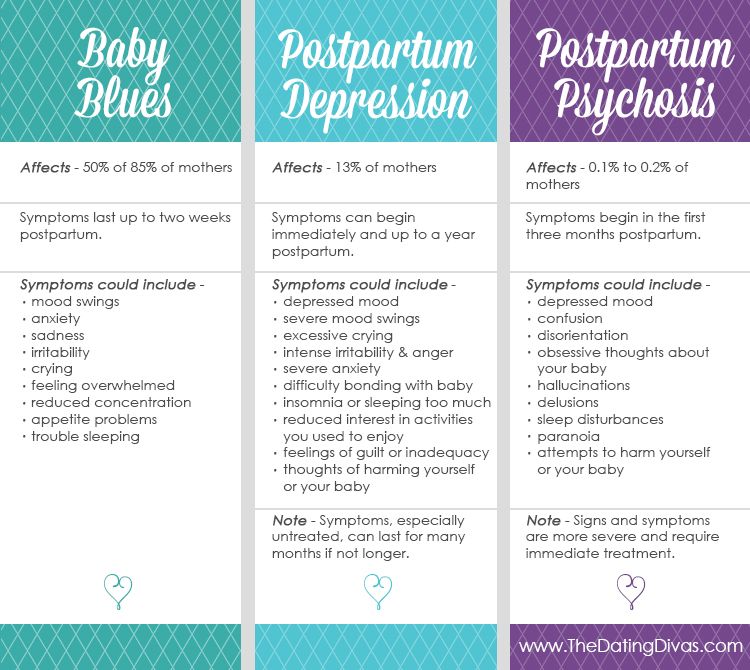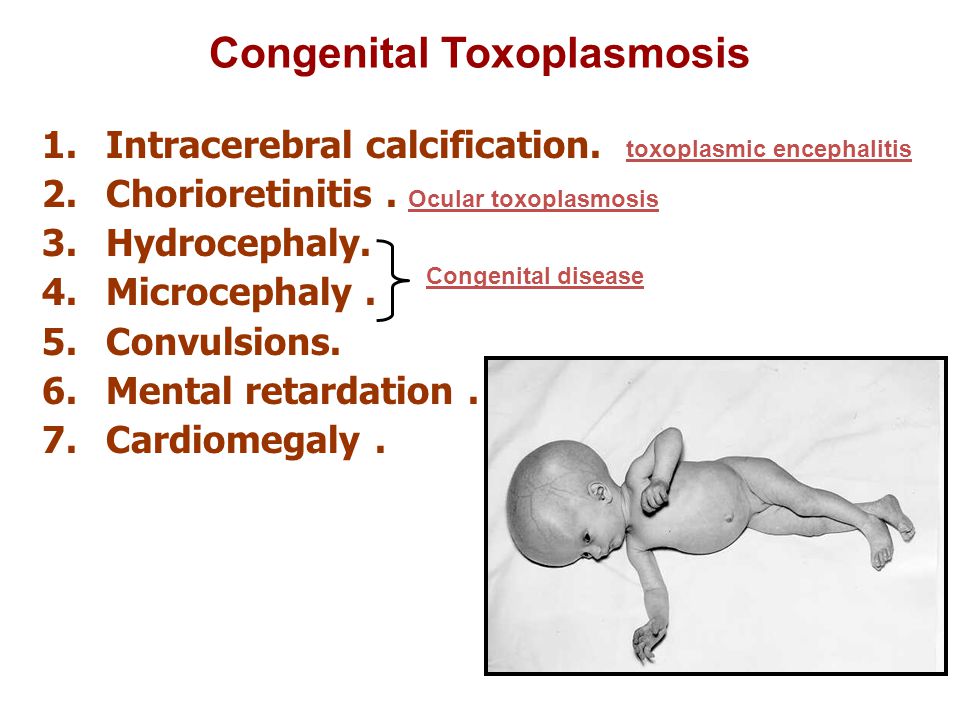How likely am i to get pregnant
How to increase your chances of getting pregnant
If you’re trying for a baby or thinking about it, you’re probably feeling a lot of excitement and anticipation. And rightly so! But as you may know, getting pregnant isn’t just a matter of having sex.
For starters, timing is everything when it comes to conception. The good news is there are a few things you can do to make sure you’re timing sex just right. And the even better news is there are additional techniques you can use to further improve your chances of getting pregnant.
Whether you’ve been trying to get pregnant for a few months or you’re getting started soon, we’re here to help. Below, we explain what you should know about your odds of getting pregnant, and key tips for increasing them through timing, technique and more.
What are your chances of getting pregnant every month?
Generally, a woman who’s trying to get pregnant has between a 15% and 25% chance of doing so each month. Despite those odds, most couples conceive within the first year of trying.
Whether you will conceive depends on several factors such as your overall health, age, your and your partner’s fertility, and having sex at the right time during your cycle.
Ways to increase chances of getting pregnant
1. Start tracking your menstrual cycle (if you haven’t already)
Each new menstrual cycle is marked by the first day of your period. And tracking your cycle – along with any daily symptoms you’re experiencing – can be incredibly helpful. Why?
Tracking your cycle helps you get to know your body better, including how long your cycle is. The length of your cycle is what determines your fertile window, which we’ll get to in the next section.
Tracking the symptoms you experience such as changes in sex drive, mood or cervical mucus can help you identify patterns throughout your cycle, including what you typically experience leading up to your most fertile days.
How do you get started? When your next period arrives, start tracking since that is Day 1 of your cycle.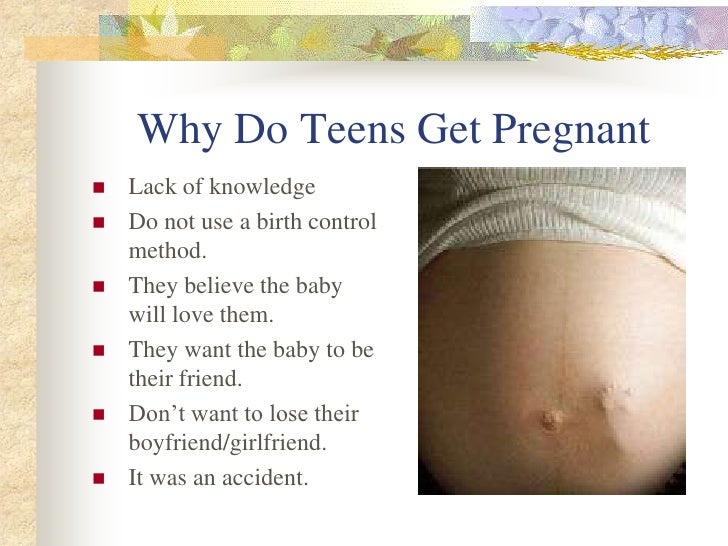 You can keep a journal and write things down, or you can use mobile apps such as Fertility Friend and Clue.
You can keep a journal and write things down, or you can use mobile apps such as Fertility Friend and Clue.
2. Identify your fertile window and start tracking ovulation
Your fertile window usually occurs mid-cycle and is when you have the highest chance of getting pregnant. During this window, ovulation – when an egg is released from an ovary – occurs. Once this happens, conception (or egg fertilization) is possible.
Tracking your cycle helps set you up for success by narrowing down your fertile window. But the next step to further improve your chances of getting pregnant is identifying when you’re ovulating. Since conception can’t happen until an egg is released, knowing your ovulation window helps you better time sex.
From monitoring your cervical mucus and basal body temperature, to ovulation predictor kits, there are several methods to help figure out your most fertile days.
3. Have frequent sex during your fertile window
One of the most common questions among people trying to conceive is: How often should I have sex if I’m trying to get pregnant?
The short answer is that it depends on your preferences as a couple, and whether there are any known fertility issues.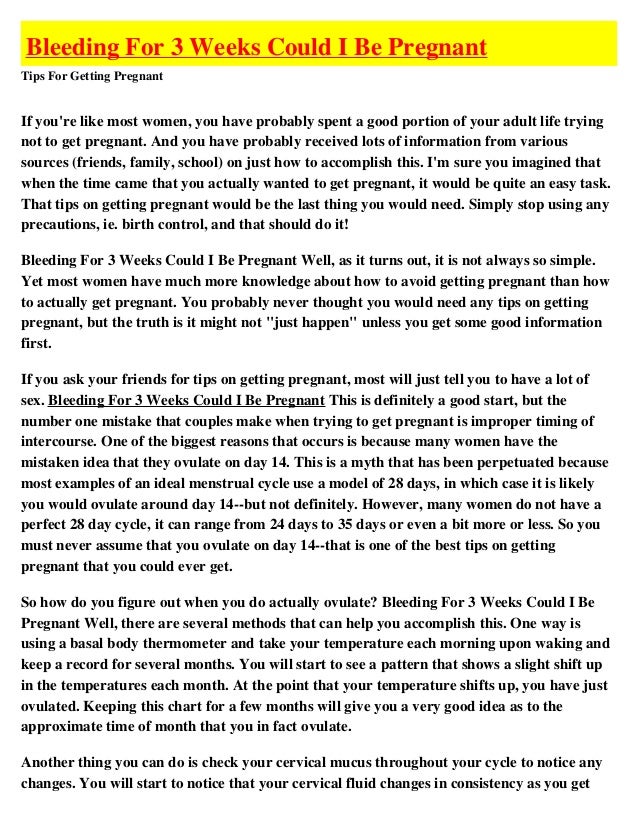
Overall, studies have shown that couples who have sex every day or every other day during the fertile window have the highest rates of pregnancy. Also, doctors often recommend sticking to just once a day during the fertile window.
If having sex every day or every other day isn’t possible or enjoyable, set a goal to have sex throughout your cycle. This can get you and your partner into a regular sex routine, which can carry you into the fertile window.
Is morning or evening sex better when you’re trying to conceive?
Morning may be the best time to have sex for conception, at least as far as sperm are concerned. Some studies have suggested that sperm count and quality are slightly higher early in the morning, which may mean better odds of conception if they’re deposited right after a good night’s sleep.
However, there isn’t a clear medical consensus, so if you and your partner are in the mood, you shouldn’t let the time of day stop you.
Are there certain positions that can increase your chances of getting pregnant?
There’s no scientific evidence to support the idea that a specific position can increase the odds of conception. However, positions that allow for deeper penetration, such as where the male partner is on top, may help deposit sperm closer to the uterus.
However, positions that allow for deeper penetration, such as where the male partner is on top, may help deposit sperm closer to the uterus.
4. Lay down and relax for a few minutes after sex
Standing up or going to the bathroom after sex may pull sperm away from their destination. So, lying on your back for 15 minutes or so after sex may help keep sperm moving in the right direction.
5. Make sure you’re using a fertility-friendly lubricant
The kind of lubricant you use during sex can actually make conception more difficult, so much so that the Food and Drug Administration now categorizes certain lubricants as “fertility friendly”.
This is because the ingredients in many lubricants, such as petroleum, silicone, parabens and glycerin, can harm sperm function. A lubricant’s pH (how acidic or alkaline it is) can also have an effect.
Lubricants to avoid when trying to conceive
- K-Y Jelly
- Astroglide
- Aquagel
Lubricants to consider when trying to conceive
- Pre-Seed
- BioGenesis
- JO Actively Trying
6.
 Strive for a healthy lifestyle for you and your partner
Strive for a healthy lifestyle for you and your partner Getting pregnant isn’t only about timing and technique. Improving your health can help increase your odds of becoming pregnant and set you up for a healthy pregnancy. And that goes for your partner, too.
Healthy lifestyle habits you’ll benefit from before (and after) you conceive include:
- Taking a prenatal vitamin that’s high in folic acid can help with embryo development and reduce the chance of birth defects.
- As for your partner, they can take a male fertility supplement without testosterone additives. Or they can take a daily multivitamin plus a Coenzyme Q-10 vitamin.
- Making good food choices such as eating a balanced diet of proteins, unsaturated fats and complex carbs, can help make your body an ideal environment for a healthy pregnancy – and may help increase your partner’s sperm production.
- Getting active can reduce stress and condition your body, two things that are helpful for every stage of your pregnancy journey.

- Exercise is important for male fertility, too. But activity should be moderate. Intense exercise, and cycling in particular, may reduce sperm count rather than increase it.
- Men should also avoid exposing their testicles to excessive heat, such as from a hot tub, sauna, steam bath or tight clothing.
- Limiting alcohol consumption before you conceive is important because alcohol can interfere with the first few weeks of pregnancy, when your baby’s organs are developing. Limiting alcohol can also benefit higher sperm production.
- Quitting smoking before pregnancy can positively affect both your odds of conception and the health of your pregnancy. That’s because smoking has been repeatedly linked to a variety of health- and fertility-related issues in both men and women.
- Reducing your stress level may be easier said than done, but it can have a serious payoff. Effectively managing stress can benefit not just your fertility and your pregnancy, but many other aspects of your life as well.

Take a peek at our full preconception checklist to set yourself up for success.
7. Schedule a checkup
Scheduling a preconception checkup with your family doctor, OB-GYN or midwife is an important step. A preconception visit is similar to an annual physical but includes additional care focused on family planning and pregnancy.
In particular, a preconception checkup can help identify any health issues that may affect your chances of conception or having a healthy pregnancy.
Your preconception checkup may include things like a physical exam, and a review of your health and reproductive history such as immunizations you’ve received, past pregnancies and current medications. Blood and imaging tests may also be done. This visit is also an opportunity to voice any questions or concerns you may have.
You and your partner should each schedule appointments for yourselves so that you know everything you can when you start trying to conceive.
Start with almost-baby steps
The more information you have on your side, the more you can increase your chances of conceiving quickly.
Understanding your cycle and then pinpointing your most fertile days are the big ones for being able to time your baby-making sessions. But don’t forget to use simple techniques and tools like taking it easy for a few minutes after sex and using the right lubricant.
And of course, don’t neglect your health. Beyond taking steps to keep your mind and body healthy, get in for a visit with your doctor or clinician. They will not only check in on your health, but they can also give you tailored advice to help improve your chances of getting pregnant.
How long does it usually take to get pregnant?
It's impossible to say how long it takes to get pregnant because it's different for each woman.
Many factors can affect a couple's chances of conceiving, such as:
- your age
- your general health
- your reproductive health
- how often you have sex
Some women become pregnant quickly, while others take longer. This may be upsetting, but it's normal.
This may be upsetting, but it's normal.
Fertility
Most couples will get pregnant within a year if they have regular sex and don't use contraception.
But women become less fertile as they get older.
The effect of age on men's fertility is less clear.
What does 'regular sex' mean?
Having regular sex means having sex every 2 to 3 days throughout the month.
Some couples may try to time having sex with when the woman ovulates (releases an egg).
But do not worry about the timing of when you have sex if it makes you feel stressed.
Fertility problems
Lots of factors can cause fertility problems, including:
- hormonal (endocrine) disorders, such as polycystic ovary syndrome (PCOS) and problems with the thyroid or pituitary glands
- physical disorders, such as obesity, anorexia nervosa or excessive exercise
- disorders of the reproductive system, such as infections, blocked fallopian tubes, endometriosis or a low sperm count
- menopause
Some of these factors affect either women or men.
The most common causes are ovulation failure (which can be caused by lots of different things) and sperm disorders.
Read more detailed information about the causes of infertility.
Getting help
If you have been trying for a baby for 1 year without success, see your GP for advice.
Further information
- How can I tell when I'm ovulating?
- Trying to get pregnant?
- Doing a pregnancy test
- Can I get pregnant just after my period has finished?
- Pregnancy
- Infertility
- NICE guidelines: assessment and treatment for people with fertility problems
Page last reviewed: 8 September 2022
Next review due: 8 September 2025
Top 10 mistakes when trying to get pregnant
Services
Virtual tour.
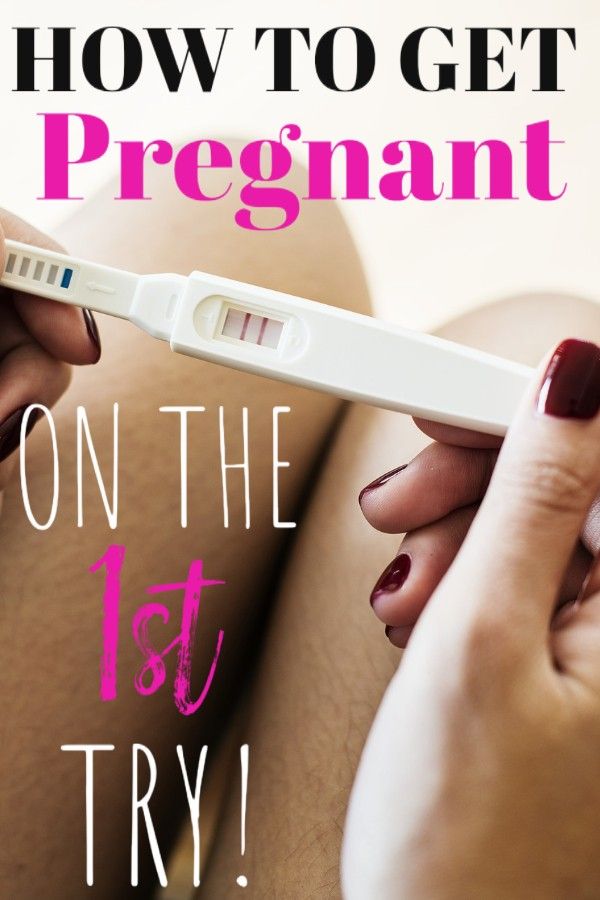 Clinic "ARNIKA"
Clinic "ARNIKA"
There are times when doctors did not reveal any abnormalities in you and your partner, but the long-awaited pregnancy still does not occur. And it already seems to you that this is not a natural phenomenon, but the real magic of luck and genetics. For some, pregnancy happens "from the first time", while others turn their lives into a real nightmare.
It's all about making similar mistakes, we tell you about the most common of them.
Mistake #1⃣: Worrying too much
Chances are you have at least one friend who, when she became pregnant, said, "It happened exactly at the moment when I stopped thinking about it." It's annoying, frustrating, and nerve-wracking, especially when all you want to do is have a baby. Stress can be one of the main reasons you can't get pregnant: high levels of the stress hormone cortisol can negatively impact fertility. Relax and try to let go of the situation for a while. Stop planning your pregnancy so much and remind yourself every day that this is a miracle that actually happens very, very often.
Mistake #2⃣: Doing Too Much/Little
If you're going to do this, do it right! Many couples believe that if you "save" sperm and do not have sex for a week, then the chances of conception will increase significantly. This is not true. After about a week of abstinence, sperm motility is markedly reduced. For successful conception, doctors recommend having sex every day or every other day for a week up to and including the day of ovulation. In addition, having regular sex has been proven to help regulate your cycle: your partner's body releases hormones that affect your reproductive system, so having regular sex increases the production of estrogen.
Mistake #3⃣: Use questionable practices
It would seem that the 21st century is in the yard, but many women still continue to believe in the miraculous power of douching. Sperm in such an environment dies and cannot fertilize the egg, which is why many people use a weak solution of soda to make the environment alkaline and create favorable conditions for conception. But doctors are opposed to this method: soda kills not only harmful microorganisms, but also beneficial ones, thus violating the natural pH of the vagina.
But doctors are opposed to this method: soda kills not only harmful microorganisms, but also beneficial ones, thus violating the natural pH of the vagina.
Mistake #4⃣: Blaming Yourself
Speaking of infertility, we tend to think that the problem is on the part of the woman. But in fact, the responsibility lies equally on both partners. Doctors say that in 40% of cases of infertility, the cause must be sought on the part of the man, in another 40% - on the part of the woman. The remaining 20% is compatibility, a combination of both partners. But do not panic ahead of time. Remember that it takes 6 months to a year for a healthy couple to successfully conceive.
Mistake #5⃣: Miscalculating
The most common mistake is the incorrect determination of the day of ovulation. Another common mistake is not counting the beginning of the cycle from the first day of menstruation. The first day of your period is when you bleed. Not the day before, not the day after. For successful conception, the bill goes literally to the clock, which is why it is so important to know the exact day the cycle began.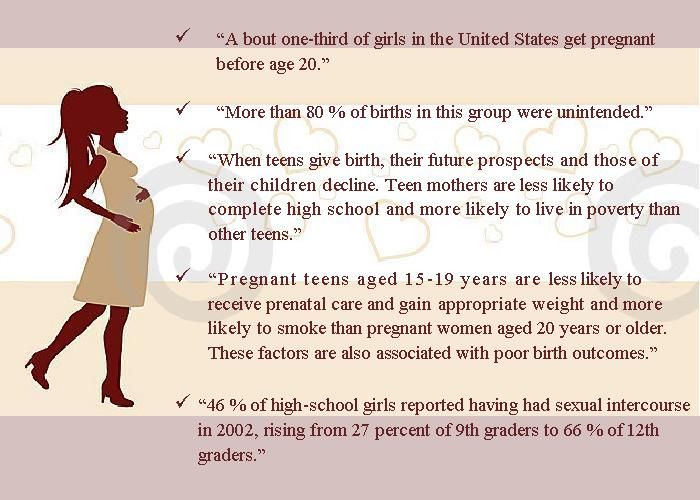
Mistake #6⃣: Living on a schedule
No matter how hard you try, pregnancy is impossible to plan. As mentioned above, it takes a healthy couple from 6 months to a year to conceive. But many women need half a year just to normalize their cycle after they stop taking contraceptives. Ovulation will not occur until the cycle becomes regular. Therefore, if after 6 months your cycle has not returned to normal or you are not sure that you are ovulating, it is worth visiting a doctor.
Mistake #7⃣: Hurry
No one knows why so many people are sarcastic about the statement that after intercourse it is advisable to lie on your back with your buttocks slightly raised for about 20 minutes. Doctors unanimously claim that this method increases the possibility of conception by as much as 80%! Therefore, if you want to dance a victory dance after a successful conception, as you think, refrain - at least for 20 minutes.
Mistake #8⃣: Ignoring your “crazy” worries
Maybe you have always had an irregular cycle and because of this you are having difficulty conceiving. Or perhaps you have diabetes and want to make sure everything is under control before you get pregnant. Consulting a specialist does not mean being paranoid! There are situations in which you should not ignore your worries: here you are thinking not only about yourself, but also about your unborn child. If you have any questions or worries, it is better to immediately find a specialist who will explain everything and tell you about the pitfalls that you may encounter specifically on your way. Thus, if you encounter difficulties in trying to get pregnant, you will already be ready for them.
Or perhaps you have diabetes and want to make sure everything is under control before you get pregnant. Consulting a specialist does not mean being paranoid! There are situations in which you should not ignore your worries: here you are thinking not only about yourself, but also about your unborn child. If you have any questions or worries, it is better to immediately find a specialist who will explain everything and tell you about the pitfalls that you may encounter specifically on your way. Thus, if you encounter difficulties in trying to get pregnant, you will already be ready for them.
Mistake #9⃣: Not giving up bad habits
A lot has already been said on this topic, but it will still not be superfluous to repeat: it is necessary to give up bad habits at least a year before trying to get pregnant. Why do women continue to drink alcohol and smoke, knowing how detrimental this affects the ability to conceive? Doctors around the world warn: the first trimester is the most important in the formation of the child's body.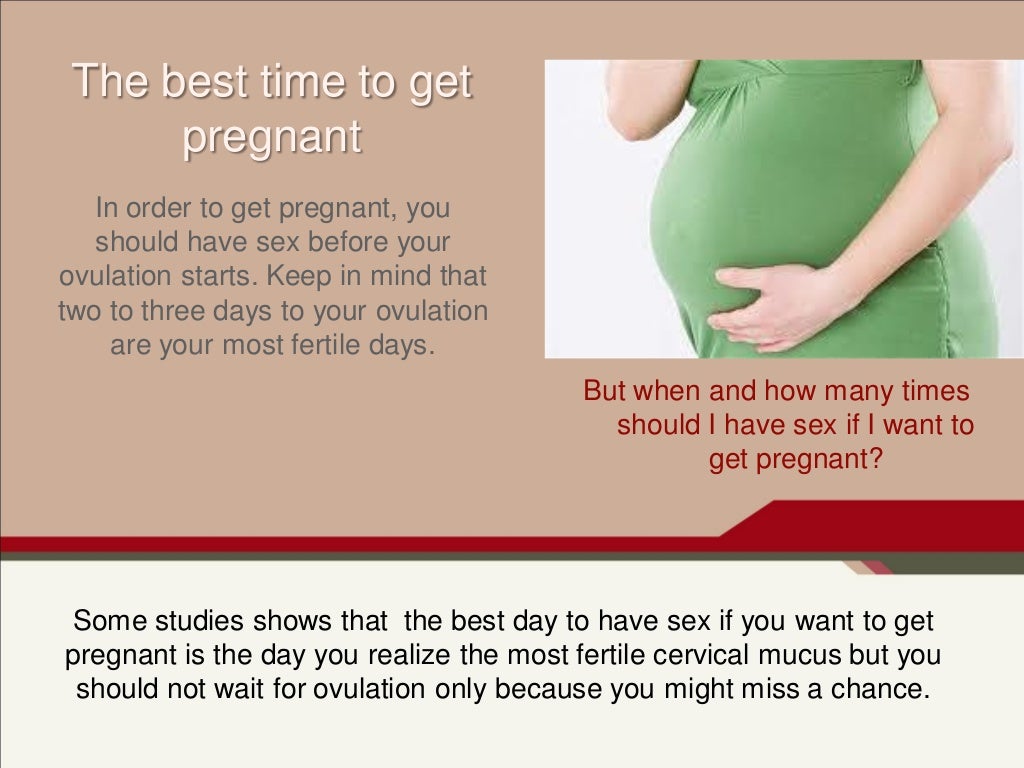 There is no such amount of alcohol that would be safe for him.
There is no such amount of alcohol that would be safe for him.
Mistake #10 Forgetting about his health
What is bad for your fertility can also be bad for your partner's ability to conceive. Cigarettes, alcohol, unbalanced diet - all this negatively affects the quality and quantity of sperm. Sperm is completely renewed in 3 months, so your partner should give up bad habits at least for this time. Make sure that he consumes enough nutrients, selenium, vitamins E and C - they are especially useful for men.
Can I get pregnant during my period?
Write to WhatsApp
December 30, 2015
Panfilova Olga
Obstetrician-gynecologist, Ph.D.
Many people think that it is impossible to get pregnant during menstruation. Is it so? Answered by Olga Panfilova - Ph.D., obstetrician-gynecologist of the European Medical Center.
It is worth starting with the definition of what menstruation is - this is bleeding that occurs at the end of the ovulatory cycle, as a result of the fact that the egg is not fertilized. The egg after ovulation lives only 24 hours. Ovulation occurs in the middle of the cycle. Most women have a menstrual cycle that lasts 28-30 days.
It is impossible to get pregnant during menstruation - if it is really menstruation, and not bleeding, which is sometimes mistaken for it. The time at which menstrual bleeding begins can sometimes be the period of implantation - when the fetal egg is already attached in the uterus, or - this is especially true for women with an irregular cycle - bleeding during ovulation can be mistaken for menstruation (in this case, naturally, conception Maybe).
In patients with a short menstrual cycle (e.g. 24 days), with a menstrual period of, for example, 7 days, if contact occurs in the last days of bleeding, pregnancy may occur, since the middle of the cycle will be on day 12, and spermatozoa live from 3 to 5 days.
